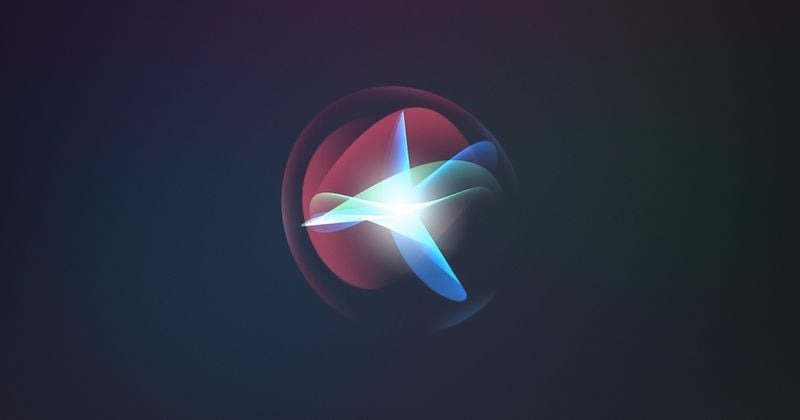Reports suggest Apple aims to soon expand its AI capabilities across consumer and enterprise offerings. This could spawn robust infrastructure demands, igniting debate on whether Apple should engineer custom AI servers or strategically source from partners.
This analysis weighs the decision drivers that will shape Apple’s data center hardware path as its next era of artificial intelligence takes form.
The Backdrop of Apple’s AI Expansion Plans
While Apple already integrates AI functions like machine learning across products today, mounting evidence indicates more ambitious roadmaps:
- Executive comments point to “game changing AI” coming soon
- Acquisitions of AI startups have accelerated recently
- Hiring suggests major AI investments spanning software and hardware
The scope of this buildup implies Apple targets more pervasive, transformational AI capabilities compared to incremental improvements prioritized currently.
Why Data Center Infrastructure Becomes Critical
Launching new generation AI features like predictive intelligence or enhanced computer vision requires extensive data center expansion:
- Training advanced algorithms demands powerful specialty servers optimized for machine learning
- Supporting real-world AI deployment at scale means exabytes of additional storage
- Large physical footprint expansion could support increased loads
This necessitates strategic infrastructure upgrades or even whole new data centers purpose-built for AI processing.
The Case for Apple Building Its Own AI Server Hardware
Reasons why Apple could decide to custom engineer specialized AI server technology include:
Fully Integrated Technology Stack
Apple’s culture of custom SoC design for optimized software integration could extend into data center hardware like networking or storage gear to run AI apps.
Protecting Competitive Advantages
Building its own AI server platform gives Apple tighter control over proprietary optimizations around efficiency, costs and performance.
Total Solution Positioning
End-to-end AI server infrastructure helps attract enterprise/cloud services customers and differentiates against rivals.
Why Sourcing From Vendors Might Also Make Sense
On the other hand, reasons Apple could buy third party servers instead of engineering its own:
Faster Time-to-Value
Getting AI products/features to market quicker leveraging proven, mass produced vendor servers buys Apple precious time.
Reduced Execution Risks
Adopting commercially available servers mitigates large scale design, testing and reliability risks around new customized gear.
More Flexibility
Mixing certified third party servers grants Apple heterogeneous supply and agnostic integration advantages.
Leading AI Server Vendors
If Apple buys from the merchant server market for its AI data centers, some leading contenders include:
NVIDIA
NVIDIA defined accelerated computing for AI workloads via its GPU optimized server architecture and rich ecosystem around offerings like DGX.
Intel
Intel recently launched its data center scale Habana line acquisition specifically targeting efficiency and scale breakthroughs for AI class applications.
AMD
With its advances around EPYC and Instinct server CPUs/GPUs plus Xilinx FPGA IP, AMD promises cost-effective scale for AI developers.
The Final Strategic Reckoning on AI Infrastructure
All indications point to Apple upshifting into high gear on its AI ambitions across consumer and enterprise segments shortly. This path almost certainly traverses strategic data center infrastructure expansion or enhancements.
Navigating build vs buy tradeoffs spanning technical, go-to-market and ecosystem considerations will shape the next defining phase of Apple’s AI pursuit. The hardware foundations directing Apple’s AI future remain fluid – but they must scale to match its bold vision soon.










Add Comment